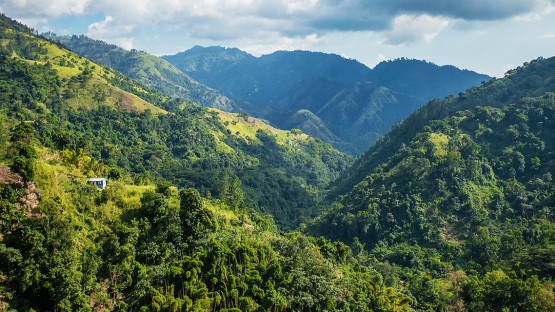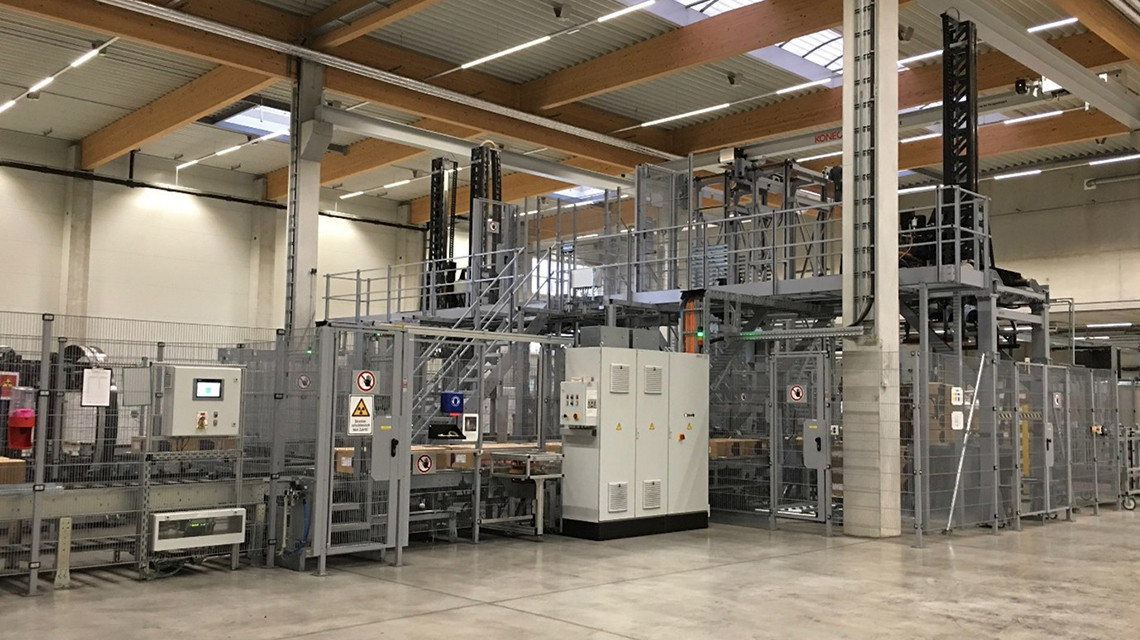The irradiator has been installed in a purpose-built facility at the International Centre for Environmental and Nuclear Science (ICENS), a research facility of the University of the West Indies, ?which hosts the only research reactor in the Caribbean.
The new irradiator was procured by the IAEA through its technical cooperation programme and is now being used to also develop new varieties of ginger, yam and sweet potato — staple crops which not only contribute to food security in Jamaica but are also key national exports as irradiation can control spoilage and food-borne pathogenic mirco-organisms or insect pests without significantly affecting taste or smell.?
“In the short term, this facility will be integral to our efforts in crop improvement and integrated vector management [for insect pests],” said Charles Grant, Director General of ICENS. “In the medium to long term, the multi-purpose irradiator will also be utilized for the shelf-life extension of seasonal crops and, in the health sector, we intend to make arrangements with the University Hospital of the West Indies to start sterilizing medical equipment and to assist with research on improving skin graft technologies.”
Industrial irradiators can expose any product or piece of equipment to radiation. This technology has applications across a diverse range of disciplines, industries and research areas, including food preservation, medical device sterilization, materials modification and cultural heritage.?
To help Jamaica leverage this valuable new tool to its fullest, before its installation, the IAEA led a series of national projects to build capacity in plant tissue culturing and screening - methods that would benefit from the irradiator. Alongside training courses and workshops, two research fellowships were created at the Joint FAO/IAEA Centre in Seibersdorf, Austria, which supported the development of new crop varieties using gamma and X-ray irradiation, as well as other advanced molecular techniques.







